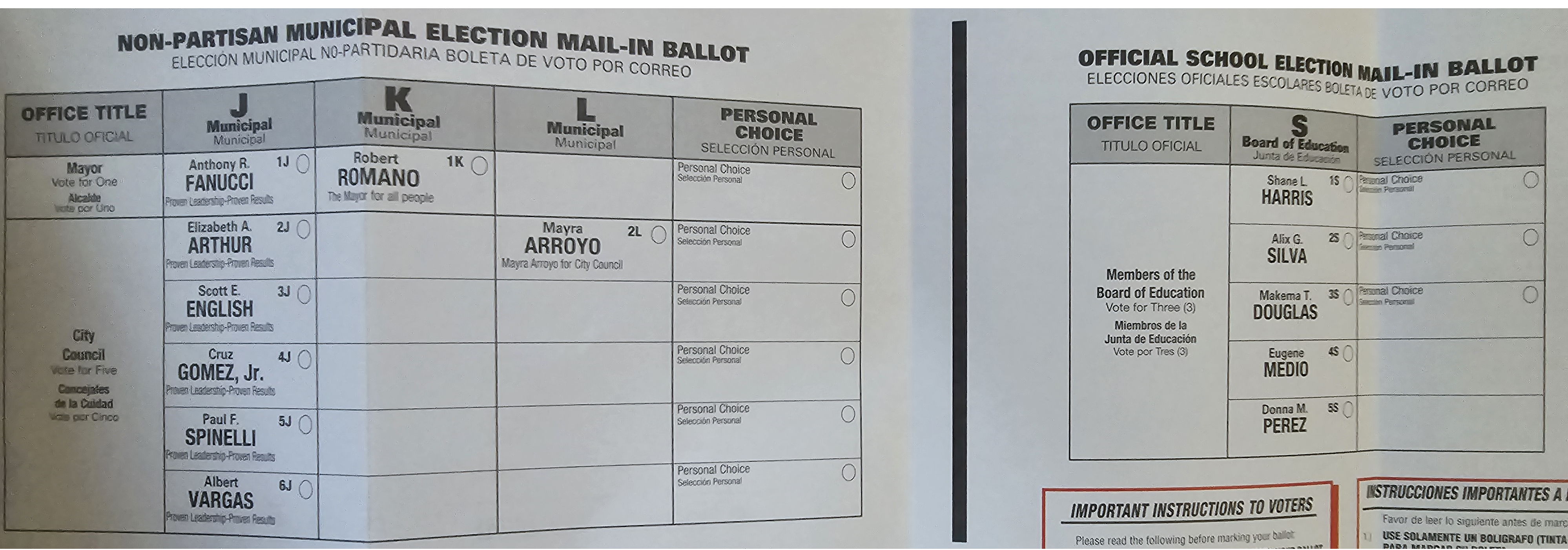What does a Mayor do?
The role of a mayor can vary depending on the size of the city or town and the type of municipal government, but here are the general
responsibilities of a mayor:
Policy and Legislative Leadership: In many cities, the mayor plays a significant role in setting policy direction. They may propose new laws, ordinances, and policies to the city council. The mayor may also veto council decisions, depending on the city's governance structure. In some municipalities, the mayor presides over city council meetings and can influence legislative decisions through advocacy and leadership.
Budget Management: The mayor typically works with the city council and financial officers to prepare and manage the city's budget. They allocate funds to various city departments, ensuring resources are used efficiently to meet the city's needs.
Public Representation: As the public face of the local government, the mayor represents the city in public events, ceremonies, and community gatherings. The mayor often interacts with local businesses, residents, and organizations to address concerns and promote civic engagement.
Crisis Management: The mayor is responsible for leading the city during emergencies or crises, such as natural disasters, public health emergencies, or economic downturns. The mayor coordinates with local agencies and state or federal authorities to ensure the safety and well-being of residents.
Economic Development: In many cities, the mayor plays a key role in promoting economic growth by attracting new businesses, supporting local businesses, and fostering job creation. They often collaborate with business leaders, developers, and other stakeholders to boost the local economy.
Law Enforcement Oversight: The mayor often has oversight of law enforcement agencies, including the police department. They may work with the police chief to ensure public safety and community relations are maintained and may have a role in addressing crime and safety concerns in the city.
Intergovernmental Relations: The mayor acts as a liaison between the city and other levels of government, such as state or federal authorities. They advocate for resources, grants, and support from higher levels of government to benefit their city.
Visionary Leadership: The mayor often sets the long-term vision for the city, working with the community to develop strategic plans for future development, sustainability, and overall improvement of the city's quality of life.
Appointing Officials: In some municipalities, the mayor has the authority to appoint or recommend individuals for key municipal roles, such as city managers, department heads, and members of boards and commissions.
Learn More
Chief Executive Officer: The mayor is often the chief executive officer of the city or town, responsible for overseeing the day-to-day operations of municipal government. This includes managing city departments and staff, enforcing laws and regulations, and ensuring city services such as waste collection, public safety, and public works are running smoothly.Policy and Legislative Leadership: In many cities, the mayor plays a significant role in setting policy direction. They may propose new laws, ordinances, and policies to the city council. The mayor may also veto council decisions, depending on the city's governance structure. In some municipalities, the mayor presides over city council meetings and can influence legislative decisions through advocacy and leadership.
Budget Management: The mayor typically works with the city council and financial officers to prepare and manage the city's budget. They allocate funds to various city departments, ensuring resources are used efficiently to meet the city's needs.
Public Representation: As the public face of the local government, the mayor represents the city in public events, ceremonies, and community gatherings. The mayor often interacts with local businesses, residents, and organizations to address concerns and promote civic engagement.
Crisis Management: The mayor is responsible for leading the city during emergencies or crises, such as natural disasters, public health emergencies, or economic downturns. The mayor coordinates with local agencies and state or federal authorities to ensure the safety and well-being of residents.
Economic Development: In many cities, the mayor plays a key role in promoting economic growth by attracting new businesses, supporting local businesses, and fostering job creation. They often collaborate with business leaders, developers, and other stakeholders to boost the local economy.
Law Enforcement Oversight: The mayor often has oversight of law enforcement agencies, including the police department. They may work with the police chief to ensure public safety and community relations are maintained and may have a role in addressing crime and safety concerns in the city.
Intergovernmental Relations: The mayor acts as a liaison between the city and other levels of government, such as state or federal authorities. They advocate for resources, grants, and support from higher levels of government to benefit their city.
Visionary Leadership: The mayor often sets the long-term vision for the city, working with the community to develop strategic plans for future development, sustainability, and overall improvement of the city's quality of life.
Appointing Officials: In some municipalities, the mayor has the authority to appoint or recommend individuals for key municipal roles, such as city managers, department heads, and members of boards and commissions.
ELECTION DATE: November 5th, 2024
SAMPLE BALLOT
Below is only an interactive ballot designed to help voters using this website to organize their choices based on specific positions. Please visit our Official Ballots Page or click the foldout below to become familiar with what you will see in the voting booth.
Vineland Municipal Ballot
If on desktop, right click the image and select 'open in new tab' for a larger image

( Click or tap on candidate name to learn more about them )
Vineland Mayor
DEMOCRATIC
DEMOCRATA
OFFICE TITLE
TITULO OFICIAL
A
Democratic
Democrata
B
Democratic
Democrata
PERSONAL CHOICE
SELECCION PERSONAL
Vineland Mayor
Vote for One
Alcalde de Vineland
Vota por Uno
Personal Choice
Seleccion Personal
0